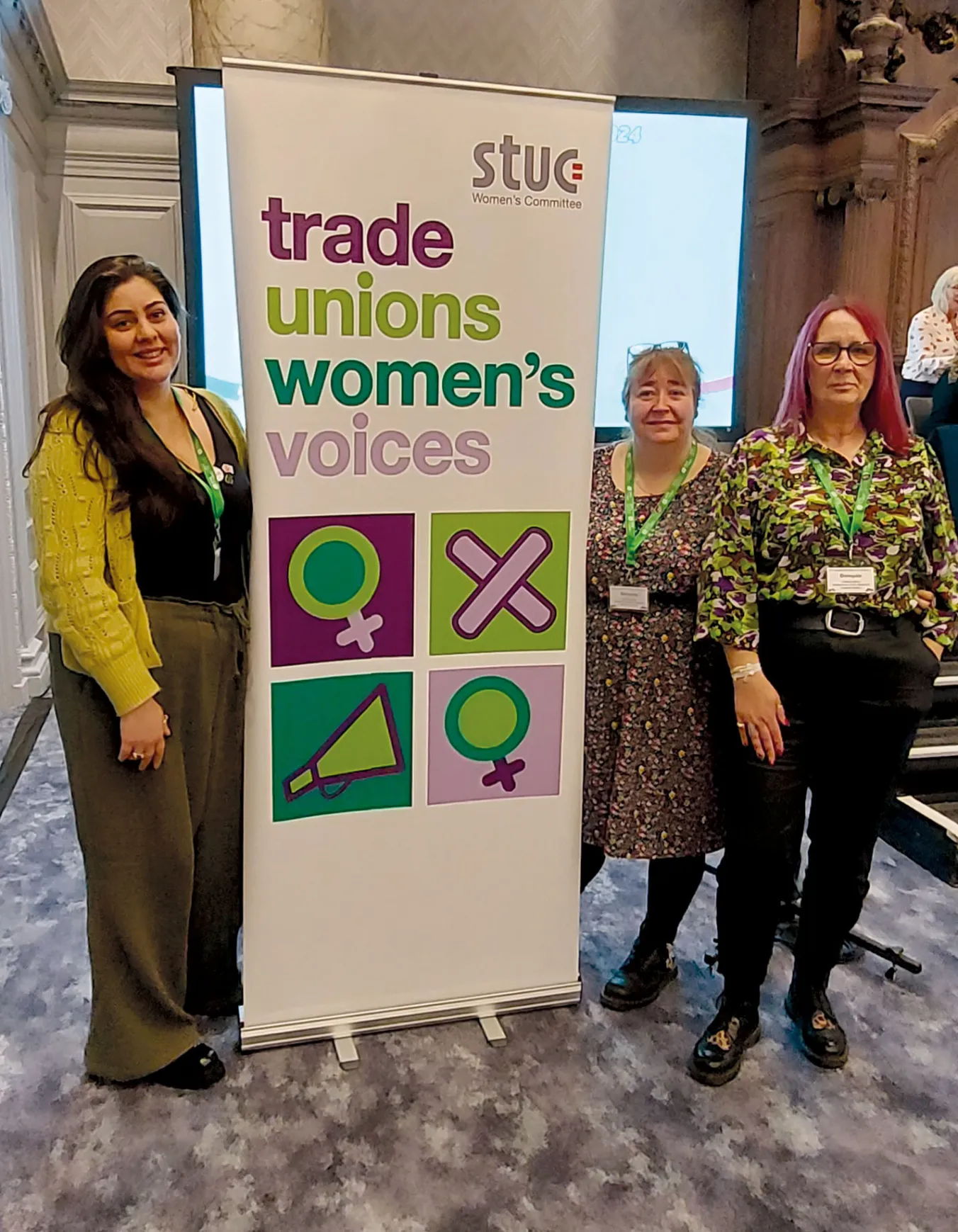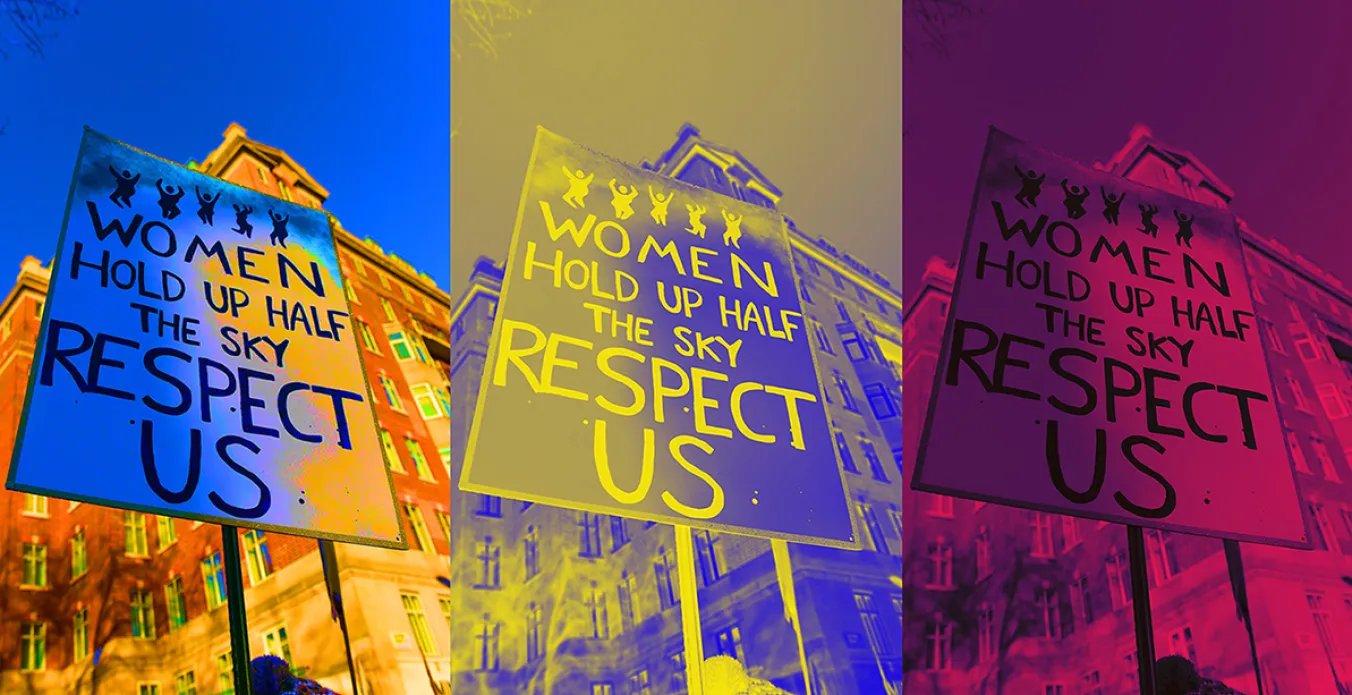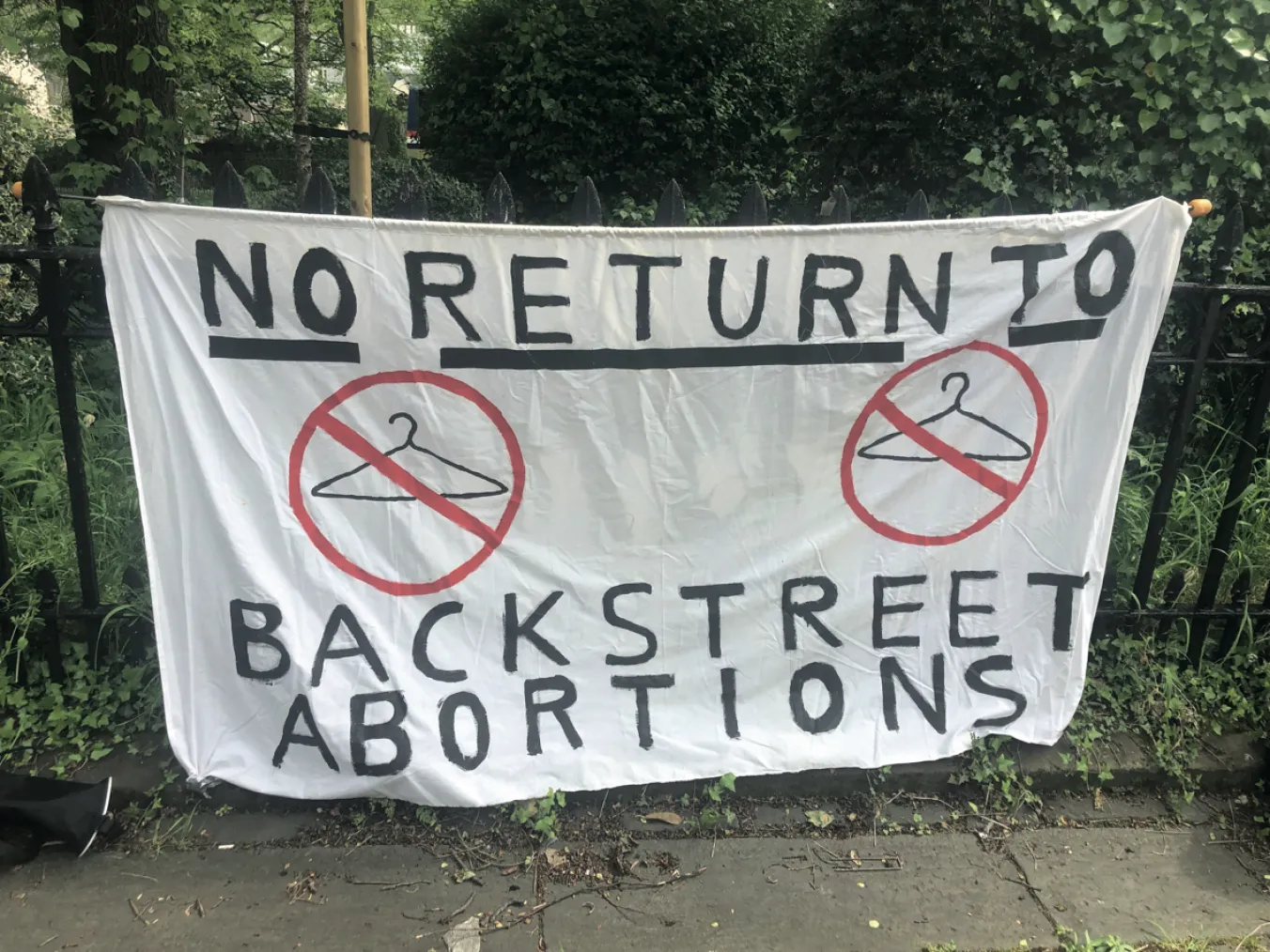
THE 97th annual STUC women’s conference was held in Glasgow on October 23-24. Women from trade unions and workplaces across Scotland gathered together to share their union’s priorities, and their thoughts on the theme of this year’s conference, which was “Solidarity and Succession.”
Topics discussed on the first day of conference included: calls for a four-day working week; negotiating on bereavement leave and pay; the importance of appropriate uniform and PPE (personal protective equipment) for women; calling for the removal of the two-child benefit cap; investment in childcare; improving maternity pay provisions; tackling misogyny; women in Afghanistan; and the importance of responsible and well-resourced journalism in times of war and conflict.
A timely session on the Worker Protection Act, coming into force this month, was delivered by Nikki Pound, TUC women’s officer.

















